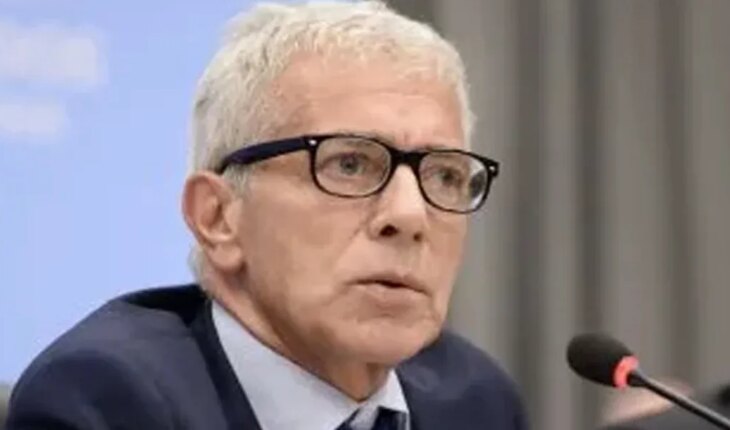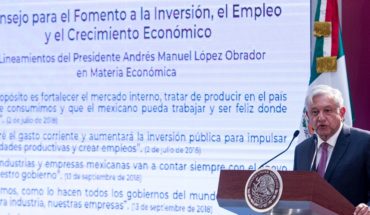The Minister of Justice, Mariano Cuneo Libarona, announced that he is working on a bill to lower the age of criminal responsibility to 14 years. Regarding a complaint for the sale and consumption of drugs within an institute for minors in the province of Buenos Aires, the head of the judicial portfolio warned that “the issue of minority has been in crisis for at least 50 years.” He also pointed out that the State “does not pay attention to minors,” although he clarified that adolescents who are detained in institutes “committed serious crimes, the worst crimes,” because if not, they would not be in that situation, since the juvenile regime “is more permissive.” That is why we have a project with Patricia Bullrich that is the penal regime of minors,” said the official, who hoped to gather the necessary agreements to advance in its modification: “I think there is consensus that we must change the penal regime of minors, but it has never been done. Politicians talk, they write, but they don’t do. And there is no doubt that a law of process, of another epoch, of another century, has to be completely changed.” Argentina’s Minority Penal Regime was enacted in 1980, during the last military dictatorship, and set the age of criminal responsibility at 16 years. In other words, minors of that age cannot be tried.” The 16-year-old boy in the 1980 law is not the same as he is today. Today’s 14-year-old flies: telephones, crime… I have cut more than 25 articles in the newspapers about crimes committed by children under 16 years of age,” the minister said. Cuneo Libarona defended the nominations of Lijo and García-Mansilla for the Supreme CourtOn the other hand, the official referred to President Javier Milei’s decision to nominate federal judge Ariel Lijo and jurist Manuel García Mansilla for the Supreme Court of Justice: “They are two very good candidates.” Regarding Lijo’s nomination, which was the one that aroused the most objections in the political, judicial and even business spheres, Cuneo Libarona said that “many speak without knowing, without knowing” the magistrate. In that sense, he affirmed that he is a judge “admired” by his secretaries and “adored” by his employees. In addition, he remarked that the complaints against him for illicit enrichment were “judged, terminated and archived.” Meanwhile, he flatly rejected the accusations of an alleged “pact of impunity” with former President Cristina Kirchner: “What does the appointment of these two people have to do with a pact of impunity?” the minister asked. “The judges, in this government, provision 1 that the president gave me, separation of powers and independence, are going to handle themselves with the code and the Constitution in hand and freely,” he stressed.
Original source in Spanish
The Minister of Justice promotes a project to lower the age of criminal responsibility to 14 years
March 27, 2024 |





